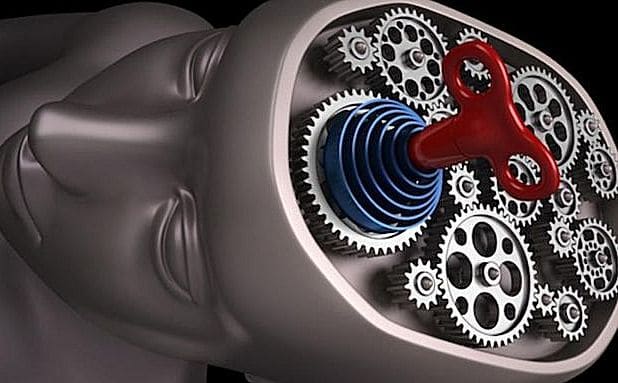If vaccines scare you, you've fallen into a logical trap
How are prejudices and distortions unmasked? There is a solution

Il 5 ottobre, pochi minuti dopo l’assegnazione del Premio per la scoperta di due trattamenti farmacologici anti-parassitari, quali l’avermectina (Satoshi Omura e William C. Campbell) e l’artemisina (Tu Youyou), sul sito della Fondazione Nobel comparivano già i primi commenti di scienziati allarmati perché alcuni media avevano erroneamente interpretato il premio come un riconoscimento delle medicine «naturali» contrapposte a quelle artificiali (e ipoteticamente pericolose) prodotte dalla chimica. Si tratta di una ragionamento errato, che riemerge ciclicamente, come svela la storia della scoperta degli antibiotici, dei vaccini o del chinino – una specie di farmaco fratello dell’artemisina antimalarica. Anche il chinino venne estratto da una pianta sudamericana (la cinchona) e portata in Italia nel Seicento. Ma, oltre a essere piuttosto tossico, il chinino ha sviluppato la resistenza nel parassita malarico e nel 1934 la Bayer sintetizzò una molecola più efficace, la clorochina, che dopo un ventennio sviluppò, a sua volta, una resistenza, spingendo l’Oms a combinarla con la reintroduzione del chinino.
The same goes for Fleming's antibiotic molds or Pasteur's rabies vaccine. They are well-known stories, yet the Nobel prize for avermectin and artemisinin has unleashed articles that contrasted "natural" treatments with chemical ones, as if the two realities were antithetical or one good and the other bad.

The first theme is dealt with in the book «Good logic. Learning to think» by Paolo Legrenzi and Armando Massarenti (Cortina), which offers a series of tools to refine critical reasoning and avoid classic logical errors. The thought traps analyzed were designed for citizens of advanced societies. How reasoning is constructed, even graphically, what conclusions to draw from certain premises and how to keep stereotypes under control are some of the tools addressed in the book in relation to biotechnology or global warming.
Alongside logical fallacies, the other major issue of social utility is that of cultural prejudices and cognitive distortions. An authority is Gerd Gigerenzer, a German cognitive scientist who works on the concept of «bias» and risk, author of «Learning to risk. How to make decisions
Take the case of vaccinations which we know are dangerously declining. All studies say that they are the drugs with the most favorable risk-benefit ratio on the market. Conversely, aspirin, like drugs in its category (NSAIDs), such as anti-inflammatories, analgesics and antipyretics, causes serious side effects if used improperly, which in the US alone amount to 76,000 serious hospitalizations a year. Also, while the vaccine saves your life from an often fatal disease, aspirin relieves minor ailments.
However, the web is full of nonsense against vaccines, but nobody cares about the real risks. One wonders if those who cannot manipulate the concept of risk-benefit know or can manipulate that of participatory democracy. John Adams, the second US president, affirmed an ever-current principle: "Freedom cannot be preserved unless there is general knowledge among the people." Knowledge yes, we would say today, but that it is correct and free from prejudices.
